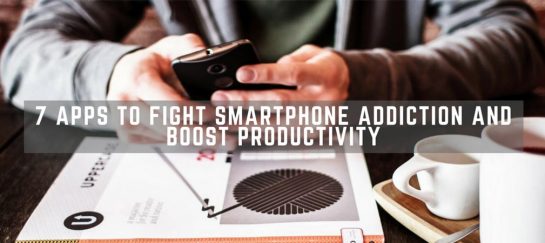
Protecting Your Privacy in a Virtual World
The U.S. Constitution does not express an explicit “right to privacy,” though this liberty is echoed throughout several amendments and bills. The ambiguity of this entitlement paired with the perils of the digital world is perhaps what makes the right to privacy such a prime concern in the modern world. Since protecting this right often falls on the shoulders of the individual, here are four tips on how to protect your privacy from common modern invasions.
Knowing Is Half the Battle
One of the most common incidents of a privacy breach is email hacking or cyber threats on mobile devices. A cyber pirate obtains your email address through a third party, cracks your password, then send emails from your email address to individuals from your contact list. That’s why, it’s important to have an ideal mobile threat defense system in place. Sometimes these hackers pose as Nigerian princes offering your friends a significant inheritance; other times it’s a “dating” service offering illicit photos. Worst case scenario, the hacker has used your email address to obtain your personal data and has posted it for sale.
To find out if your personal data has been compromised, haveibeenpwned.com allows you to run a check of your email addresses and usernames through a list more than 100 acknowledged breaches including Adobe, Snapchat, and LinkedIn. You will have to register on the sight to access the complete database, though. If you find your name is flagged, proper protocol dictates you change the password for the hacked accounts as well as for other sites where you might have used the same password.

How Smart is Your Smartphone Security?
One of the biggest threats to privacy is likely in your pocket right now. Smartphones, though infinitely convenient, leave much of your sensitive data at risk if steps are not taken to secure it. Your bank and credit accounts, not to mention personal data, are readily available through your phone. Utilizing advanced phone security options is essential in order to protect yourself.
Luckily, some modern phone designs take this into account. For example, the Samsung Galaxy S8 offers security features like face recognition, which means only a scan of your face will unlock the phone, which can help defend against people who want to snoop on your cell phone.

What’s In Your Wallet?
Another scheme known to destroy your right to privacy is wallet skimming. Armed with a radio frequency identification (RFID) scanner, a device that can scan your bank or credit card data simply by being in close range of your wallet, thieves can gain access to your financial accounts.
Identity Stronghold mini-wallet is a product that holds all of your cards and ID like a typical wallet but it also comes with RFID shielding so that any radio frequency waves that come near your wallet are effectively bounced away.

Take Nothing For Granted
Most internet users try to be diligent about avoiding suspicious links, but as users grow wise, hackers get more creative. By copying logos and fonts of credible entities, like your place of employment or banking institution, even the most diligent can sometimes be fooled.
Even if a link or email appears to be legit, if it involves accessing any form of private data, it’s best to make sure there’s nothing nefarious going on and that the sending party is in fact who they claim to be. You can check the safety of a link or email through services like Sucuri SiteCheck or urlvoid.com. After signing up for the service, you’ll be able to hover over the link in question, revealing the full address. Copy and paste the URL into the link checker provided and you’ll receive a report on the link’s safety. It’s not 100 percent effective, but it’s a good start.

Do What You Can to Protect Yourself
The right to privacy is not a black and white liberty with clear lines regarding the legality of the issue; there’s a significant area of gray which is why you need to take the protection of your privacy into your own hands. Utilizing these four tips will give you an advantage over those who threaten your sensitive data and will take you one step further toward safety in the modern, digital world.

Daily Newsletter
Subscribe to Jebiga for a dose of the best in gear, design, rides, tech and adventure.






